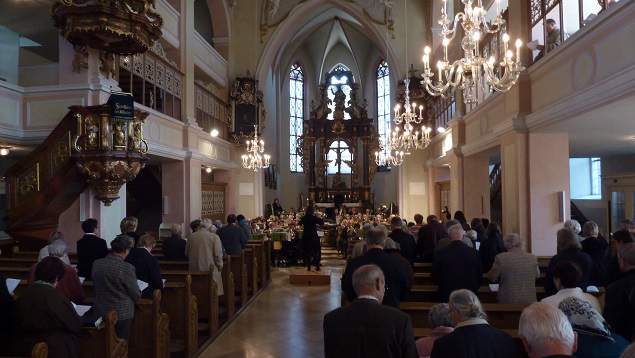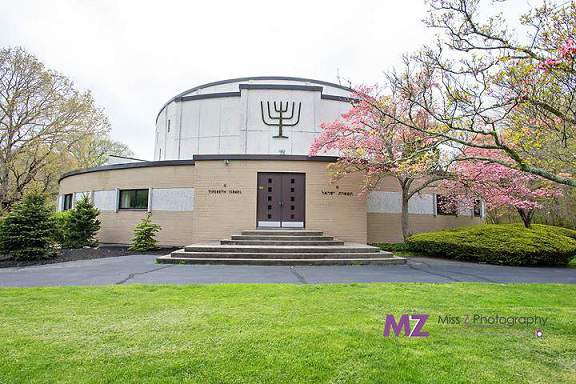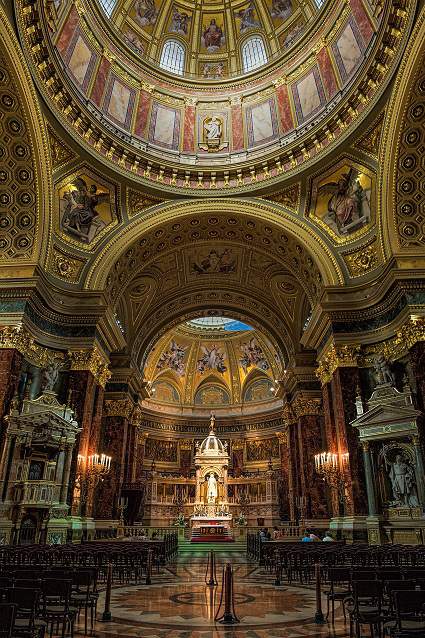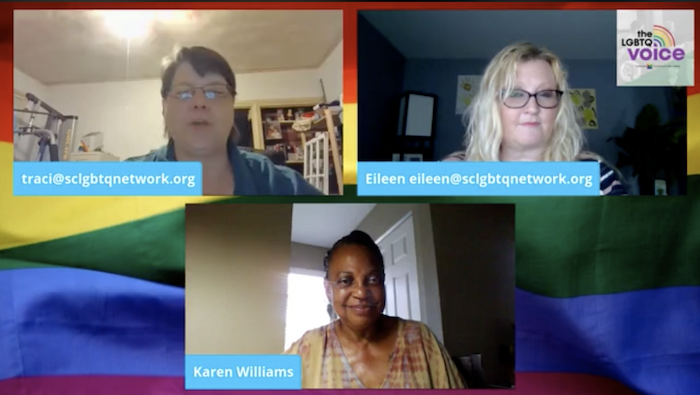
I wrote an article last week, Meeting Houses – One of New Bedford’s First Churches, Community Centers, about one of the first churches built in the greater New Bedford area. As I was thinking about the article, I realized I should have first started with giving an explanation of what a church is.
Many different churches exist with many different teachings happening inside of them. Driving around New Bedford alone, you will see churches, a synagogue, a mosque…and then there are rented out buildings, theaters and high schools that act as churches or meeting places, as well.
But why is it that those with a common faith, regardless of what religion they adhere to, commit to meeting together regularly? What is the purpose behind synagogues, mosques, churches or any other area designated for people to come together in?
Here is a little background on three different faiths and how the idea of ‘church’ plays out.
The Synagogue
For the Jew, the synagogue is an important place for prayer and study, specifically.

Many think that Jewish education ends with the bar mitzvah, but Jews who are more serious commit their whole lives to learning.
Many synagogues have libraries of Jewish sacred texts to learn and study from. But the synagogue holds other purposes as well, especially in modern times; they often act as social centers and places where charitable works are carried out. Here are some of the foundational beliefs of the Jew: there is only one God (this belief is called monotheism); people are made in the image of God and, therefore, are equal; the Messiah (Christ) will unite the world in unity and peace one day; they do not believe Jesus Christ is the Messiah.
This is an important point for the Jew, since they do not believe He has already come; they read and believe only in the Old Testament, and the New Testament does not hold any value for them. They are still waiting for the Messiah’s coming.
The Mosque
For the Muslim, a mosque is the central part of communities and towns. There are strict requirements to making sure a building can truly be considered a mosque in some sects of the Islamic religion.

In Muslim countries mosques are common on most streets, making it easier for Muslim men to meet the requirement of praying five times a day. Muslims believe you can pray anywhere, but the reward will be greater by praying in a mosque. The Qur’an (Koran) is taught here; the Muslim believes that Muhammad was a prophet that received Allah’s final revelation and was then written down and now makes up the chapters and verses in the Qur’an.
Mosques are also used as centers for information and education, and it is also a place where disputes can be settled. Here are some of the foundational beliefs of the Muslim: there is no other god but Allah; the required number of daily prayers has to be met; Ramadan must be observed (a month of fasting during the day, but they are allowed to eat at night); they must give alms (finances); there is one required trip to Mecca during a lifetime; and this last point, still being debated, is the use of violence to promote the Muslim faith. If a Muslim dies fighting this battle, they believe they are guaranteed to go to heaven.
The Church
For the Christian, a specific type of church building or designated meeting place can take different shapes, sizes and forms. Often Christians will meet together in a rented building that meets the specific needs they are looking for, or they will meet in a home, or in a church with a steeple.
So, the building itself is not the most important thing. What is important to the Christian is meeting with God. In the Old Testament God said, “I will be your God, and you will be My people.” The Christian believes God desires to have communion, to meet with His people.

The Old Testament tells the story of how God met this promise in many different ways. And all those ways were pointing to who would come in the New Testament. When Jesus Christ was born and came on the scene in the New Testament, the Christian believes that God truly did meet with man. They believe that Jesus, being God’s Son and equal with God, entered into humanity, walked this earth, and experienced the sorrows common to all mankind. The New Testament tells of how Christ was tempted just like people, but He did not sin. This is why Christ’s life is the Christian’s example to follow. T
he gospels (the first four books of the New Testament) also contain another promise, this time made by Christ – that He would send the Holy Spirit to live inside His people, so God and man could always be in communion. The Christian believes that each individual believer makes up a part of the church. This is why many Christians will meet anywhere to worship, pray, and learn more of God.
Here are some of the foundational beliefs of the Christian: the Bible, both Old and New Testaments, are God’s inspired word; salvation is by faith in Jesus Christ and His life, death and resurrection for the forgiveness and removal of personal sins; all have sinned and need forgiveness; God exists as Father, Son and Holy Spirit.
As you drive by places of worship around New Bedford have you thought about the diversity among the many different faiths that are expressed in this city? Have you thought about your own faith?
 New Bedford Guide Your Guide to New Bedford and South Coast, MA
New Bedford Guide Your Guide to New Bedford and South Coast, MA









